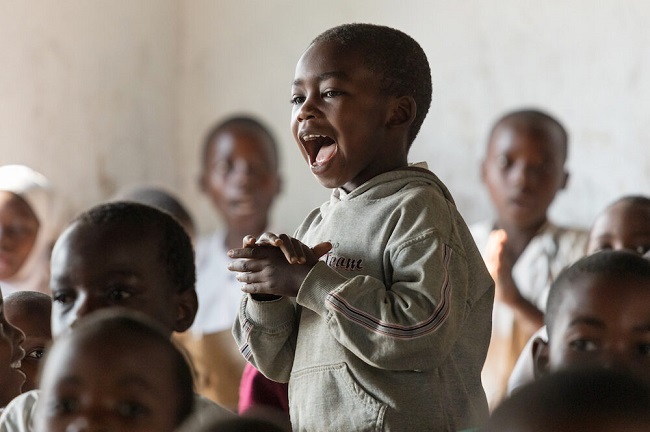All over the world, children are given a special day in the year to be celebrated. Of course, celebrating children does not mean it should be restricted to just this particular day, children should be celebrated every day because they are a special gift from the LORD and so, they must be treated as such. “Behold, children are a heritage from the LORD” (Psalm 127:3a) says the word of God. It would be a great disservice to God if those who are the custodian of children don’t look after them or take care of them the way God would have.
Children are vulnerable, most times, they don’t even know what is right from what is wrong. This is why adequate care and love should be given to these set of people from when they are young even as they transit to becoming full-fledge adult. The Holy word of God also says to train up children in the way they should go and when they are old, they will not depart from it (Proverbs 22:6).
The plight of an average Nigerian child today is to be able to feed well, have access to quality education, have a home to grow and develop, have parents who could cater for their needs, have a decent shelter to live in; and the list could be endless. Going by the spate of rising insecurity, the lack of value for human lives and poverty in the land, an average Nigerian child may not grow up to have his or her life’s ambitions fulfilled. Worst still, a child that is not properly loved, nurtured or trained would end up one day becoming a menace to the society at large.
Education is a basic right of any child and so also is the right to live and grow without any fear of intimidation, molestation or the fear of being abandoned or neglected by those who should cater for them. Now, in the broad context of caring and catering for the child is where both the parent and the government comes in. Although, it is true that a child’s education begins from home, however, it does not end there. Even though education is not limited to what the child learns within the four walls of a school, the need to have access to proper and quality education provided within the four walls of the school is where the government have a major responsibility. Of course, not only the government, the private sector as well has some roles to play in this regard.
How safe are our children in their schools? What educational materials are we exposing them to even from now? How knowledgeable are our educators? How vast are they when it comes to dispensing knowledge to children? How expansive is our curriculum? These are matters that directly and indirectly concerns the government and to some degree, those in the private sector. But those in the private sector can do little or nothing unless the government provides an enabling environment and the policies that ensures that quality is enshrined and so, everything still boils down to the government.
Apart from this, how involved are parents in the lives of their children? What any child would grow up to become first and foremost, starts from what he or she is exposed to from home. The first sets of learning for any child starts from the caregivers. Parents who are lackadaisical in their approach to raising their children would end up raising men and women who sees little or nothing to contribute to their larger society or may find it hard to survive in the larger world. And so, the first set of morals are taught children from home and not in school. Proper behavior and the way life should be viewed are first introduced to children at home and not in school. Dignity, honor, respect, the right values, are first introduced to children from home and not in schools.
When this part of their growth is excused or not properly inculcated, those children grow up to become deficient in those areas and so, they struggle while they are in public. Issues that have to do with the fear of God, the need to treat everyone equal, are first introduced to children from home. When this space is not adequately managed by caregivers, it creates a vacuum in children for other negative vices to fill. Also, there is a part that many parents and caregivers also tend to miss. Children are trained individually. If you have two or three children for example, the onus is on the parent and caregiver to recognize them uniquely and so train them.
There will always be problems when we tend to train uniquely gifted children the same. The error this would bring out is that we would fail to recognize each child uniquely by neglecting or jettisoning the uniqueness of each child. So, understand the giftings of each child and then channel their energies towards them developing in that area of gifting.
I believe you have learnt something!



